
A bacterial infection of one or more lactating (milk producing) glands in the breasts, a condition referred to clinically as mastitis, is often the result of an ascending infection, trauma to the lactating gland, or an infection that has been spread through the blood stream.
Escherichia coli (E. coli), Staphylococci, and β-hemolytic Streptococci are some of the main bacteria that are found to be most commonly involved. It is a potentially life-threatening infection, in some cases leading to septic shock, the direct effect of the mammary glands with systemic involvement.
This condition mainly affects postpartum queens, but rarely occurs in pseudopregnant lactating queens too.
You will need to give a thorough history of your cat's health, onset of symptoms, and possible incidents that might have led to this condition. A complete blood profile is then typically recommended, including a chemical blood profile, a complete blood count, and a urinalysis.
If the infection is present, the milk is normally slightly more acidic than the serum is; it may also have increased alkalinity with infection. Neutrophils, macrophages, and other mononuclear cells can be normally observed in high numbers in normal milk; however, the presence of large numbers of free bacteria and degenerative neutrophils are noted with the presence of septic disease. A bacterial culture will be necessary for identifying the organism.
If there is cancer present in the breast, the affected glands will not produce milk. Differentiation between malignant and benign condition will be achieved with an examination and culture of the mother's milk.
If the breast infection is not too severe, your cat's kittens may be allowed to continue nursing (this is the ideal option, as it is best for the health of both the mother and kittens), unless the glands contain dead tissue, or because the mother is systemically ill and it is not safe for her or the kittens to nurse. In those cases, your cat will be admitted into a hospital until she is stable.
Your veterinarian will caution you to pay special attention to the antibiotics that are being used, any reaction your cat or her kittens might have to the medication, and the continued weight gain of the little ones. In case of dehydration or sepsis, intravenous fluid therapy will be ordered to correct electrolyte imbalances and hypoglycemia. Shock is also a possibility, which will be treated accordingly.
Often, veterinarians recommend that you apply warm compress and milk out the affected gland(s) several times daily to keep the milk ducts clear. Application of cabbage leaf wraps to the affected glands may also speed resolution of the swelling and help bring comfort to your cat. Abscessed or gangrenous glands, on the other hand, will require surgical removal.
The prognosis of a cat with mastitis is good with treatment. Discuss with your veterinarian a proper diet for the cat if she is nursing. However, if the queen does not progress well enough to care for her kittens on her own, you will need to hand-raise them, which requires considerable commitment. Your veterinarian will make recommendations as to the best feeding methods for the kittens.
In addition to keeping the living area clean, shaving hair from around the mammary glands may prevent reinfection. Clipping the nails of the kittens to prevent scratching of the mother's skin and making certain that all mammary glands are used for nursing can also lower the risk of infection.
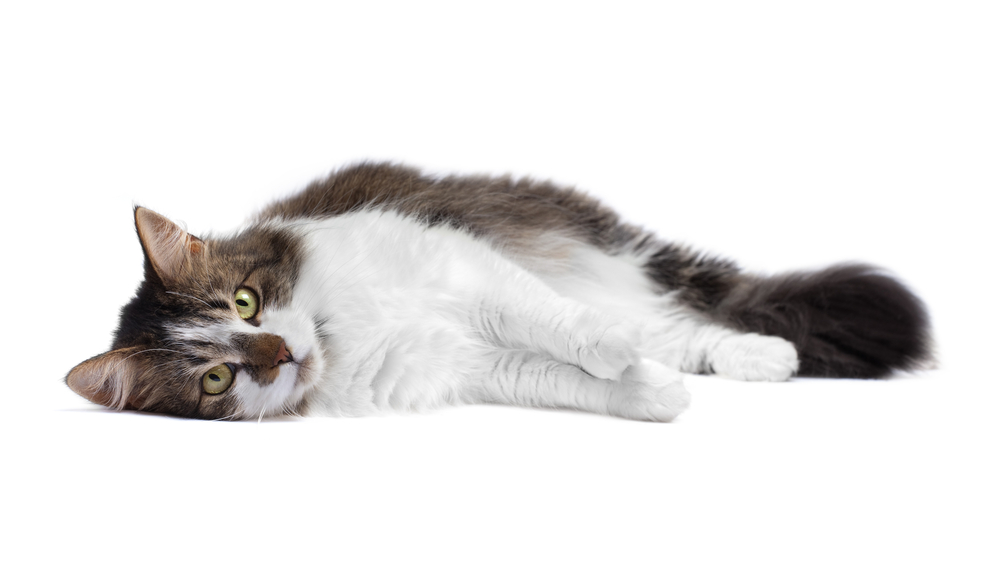 Estrus Symptoms after Spaying in Cats
Ovarian Remnant Syndrome in Cats
An ovariohystere
Estrus Symptoms after Spaying in Cats
Ovarian Remnant Syndrome in Cats
An ovariohystere
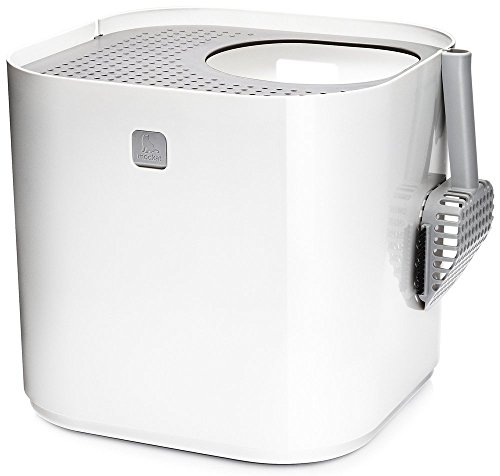 Cat Litter Trays: Selecting The Right One For You
Having a cat is like having
Cat Litter Trays: Selecting The Right One For You
Having a cat is like having
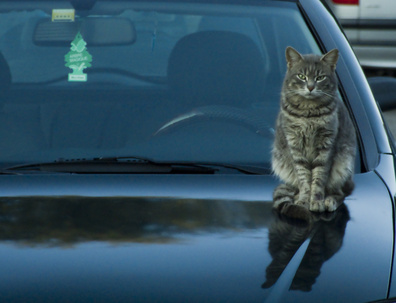 Why Do Cats Spray After Being Neutered?
Why Do Cats Spray After Being Neutered?
Why Do Cats Spray After Being Neutered?
Why Do Cats Spray After Being Neutered?
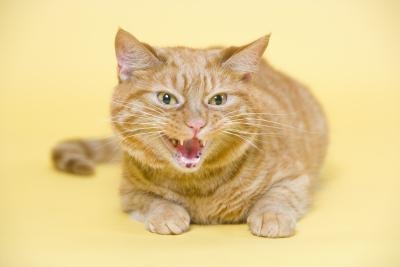 How to Stop Your Cats From Growling & Cuffing Each Other
How to Stop Your Cats From Growling & Cuff
How to Stop Your Cats From Growling & Cuffing Each Other
How to Stop Your Cats From Growling & Cuff
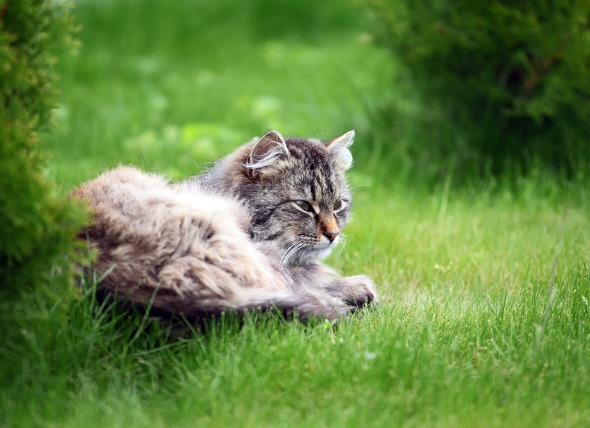 Fainting in Cats
Syncope in Cats
Syncope is a medical condition th
Fainting in Cats
Syncope in Cats
Syncope is a medical condition th
Copyright © 2005-2016 Pet Information All Rights Reserved
Contact us: www162date@outlook.com